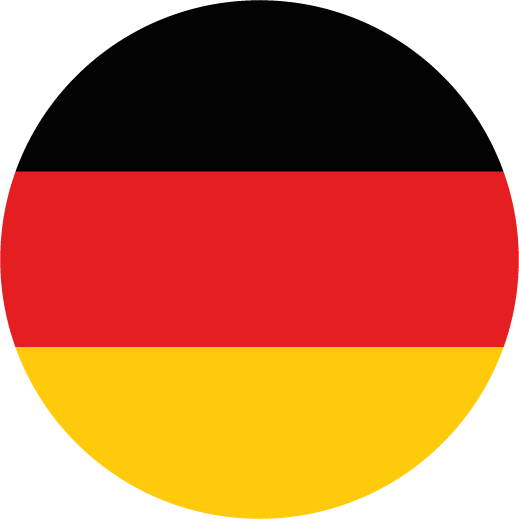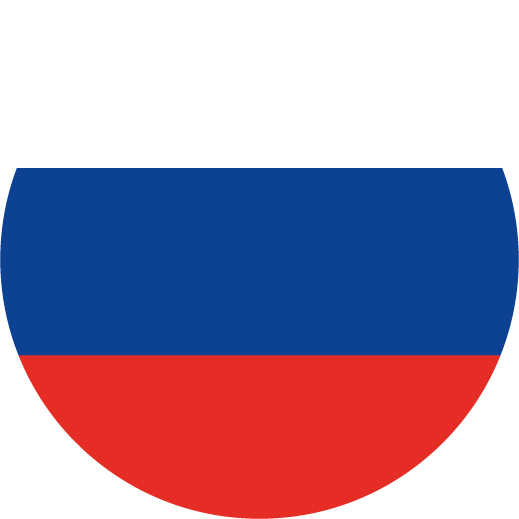Any good Izmir area guide must start with emphasising the importance of the region to Turkey. Often called the “Pearl of the Aegean,” Izmir is Turkey’s third largest city and along with the neighbouring coastal resorts make up a significant part of western Turkey, also known as the Aegean.
For many decades, it has won favour with Turks as a holiday and retirement destination, and in recent years, its popularity has increased as more Turks turn away from Istanbul, Turkey’s largest city. This also extends to foreigners of whom many have moved to live, work and buy a home in Izmir.
However, Izmir’s status as the pearl of the Aegean hasn’t always been plain sailing. Previously known as Smyrna, earlier civilisations that conquered the region because of its strategic Aegean position close to Europe include the Lycians, Persians, Romans and Alexander the Great.
Under Ottoman rule, it flourished as a major trading port and communities of various faiths and nationalities lived side by side. The first railway line was also built from Izmir. Unfortunately, the Greek invasion in 1919, unsettled daily life and by 1922, when the newly found Turkish republic sought to reclaim the city, a massive fire devastated most of it. These days, with a population of 4 million people, life is more laid-back and calmer, leading foreigners and Turks to call it, their haven.
Izmir Area Guide: Highlights and Need to Know
Weather and Climate: Izmir’s climate falls under the Csa Mediterranean Koppen classification because of hot summers and cool, mild winters. Rainfall occurs from December to March while sun and beach fans enjoy July and August when temperatures reach the 40s.
City break holidaymakers visit all year-round because life in the centre never stops. However, people visiting coastal regions such as Foca, Cesme, or Alacati should go between May to October when the official tourism seasons starts. During this time, they are guaranteed clean beaches, an extensive choice of hotels and full ranges of menus in restaurants.
Getting There: Getting to Izmir is so easy, and quick thanks to its rail, road, sea and air connections. Izmir airport (Adnan Menderes – ADB) has frequent flights throughout the year from European, Middle Eastern and Asian countries and other places within Turkey.
Main railway lines connect it with the Konya, Ankara, and Baliksehir, while regional lines take passengers to neighbouring areas like Nazilli, Aydin, Manis and Usak. Izmir also connects with the rest of Turkey via the D300 and D550 highways making it easy for car drivers or bus passengers to get here.
Otherwise, to arrive by sea, Izmir has six world-class marinas, in Cesme, Foca, Levent, Alacati, and Seferihisar. Most cruise ships dock into Alsancak or the smaller ports of Dikili, Aliaga, Candarli, and Cesme. If people want to see the ancient city ruins of Ephesus, they’ll dock into Kusadasi port instead.
Transport within Izmir: Locals like the regular and cheap ferry routes running from Foca, Goztepe, Karsiyaka, Bostanli, Alsancak, Pasaport, Konak, Bayrakli and Uckuyular. Izmir is also a bicycle city, with a 40-kilometre shoreline track in the city centre.
If you don’t own one, hire them on an hourly basis from any of 34 Smart Bike System Stations (BISIM.) Otherwise, the Metro includes 17 stations in all major locations throughout the city centre, and locals still use the traditional bus system.
Shopping, Eating Out and Nightlife: As a major city centre, and home to smaller coastal resorts, indulgence is one thing Izmir does well. In all districts, locals visit weekly farmers markets for organic fruit and veg, but many bazaars and 20 large shopping malls like Optimum, Novada and Forum Bornova also make a roaring trade.
Izmir’s nightlife scene accommodates everyone because of an immense variety of establishments. A favourite sort among locals in the city centre is the Kordonboyu restaurants, specialising in fresh food and seafood, while the Alsancak district houses large nightclubs and live music bars.
on a budget should find street food vendors and traditional lokantas selling low priced and delicious Turkish dishes. During summer, in smaller and surrounding coastal resorts, locals prefer dining alfresco style by the seaside, or on rooftop terraces.
Beaches: Given Izmir’s coastal position, beaches are a focal point of summer. Take your pick including 52 Blue Flag stretches of sand. Seferihisar, Foca, Alacati, Cesme, Dikili, and Urla are home to famous beaches where you can hire sunbeds and umbrellas.
Districts and Neighbourhoods of Izmir
Anyone looking at real estate is tapping into a vibrant market with exciting potential. As a vast region, the extensive portfolio of property for sale in Izmir includes off plan, new construction and resale apartments and villas.
Buyers have 30 low-key and well-known districts to choose from. Discreet locations include Bayindir, Buca, Torbali, Guzelbahce, and Aliaga. Meanwhile, holidaymakers and Izmir property buyers like the following areas.
Alacati: This windsurfing haven sits just 10 kilometres from Cesme. Travel magazines often feature the old stone cottages lining cobbled paths as deep insight into its Greek heritage. Alacati can also stand tall and proud as one of the best windsurfing destinations in the world.
Balcova: Known as the green centre, Balcova’s cable car ride brings people from near and far to experience fantastic landscape views. However, for decades, Turks have travelled there to use the Agamemnon thermal springs, that help elevate symptoms of many illnesses. This has boosted its status as a spa and wellness centre.
Bornova: As the third largest district, Bornova is also a university hub and home to many students. Tourists love the 19th-century Levantine mansions in the old part and Forum Bornova, a vast shopping, food and entertainment mall covering 200,000 square metres.
Cesme: This delightful seaside town has always been a favourite holiday destination for Turks. In 2010, The New York Times named it as the 14th best place to visit in the world. Outdoor activities including diving and biking keep tourists coming back while 3 marinas serve thousands of yachts every year. Property for sale in Cesme is popular with foreign buyers.
Dikili: Although it's unheard of on the mainstream foreign tourist trails, Dikili is another time-honoured favourite of Turks. Sitting in the northern Aegean, another lure along with beaches is the green forested spaces.
Foca: Many Turks have bought retirement homes in Foca because of its peaceful, laid-back atmosphere. The local landmark castle is the most famous attractions but other recommended attractions include Kozbeyli village, the Siren rocks and a beautiful long beach.
Karsiyaka: Arts, culture and history feature heavily in Karsiyaka, but locals also love it for its wide choice of bars, restaurants and cafes. Sitting east of Bornova, Karsiyaka is also home to Izmir’s famous Levantine Mansions.
Konak: Most tourists head straight to Konak, the old part of the city with a wealth of attractions and historical sites. Browse for souvenirs in the nostalgic Kemeralti shopping district and visit Asansor, an old lift with fantastic panoramic views and rooftop restaurants. Tradition also dictates that you should have your photo taken in front of the old clock tower.
Seferihisar: To get away from the hustle and bustle, visit Seferihisar, an official Cittaslow destination. After visiting Teos ancient ruins, nip into a local restaurant serving tasty and delicious regional delicacies, or visit Doganbay island by boat from Sigacik.
Urla: Sitting close to Seferihisar, Urla is another destination loved by Turks. The annual artichoke, kite and grape festivals draw in visitors from all over the Aegean, as does the famous Klizman beaches, and Karantina Island.
Selcuk: The ancient ruins of Ephesus, Virgin Mary’s house, Sirince wine village and Saint John’s Basilica have made this traditional working town, one of the top visited places in Turkey.






